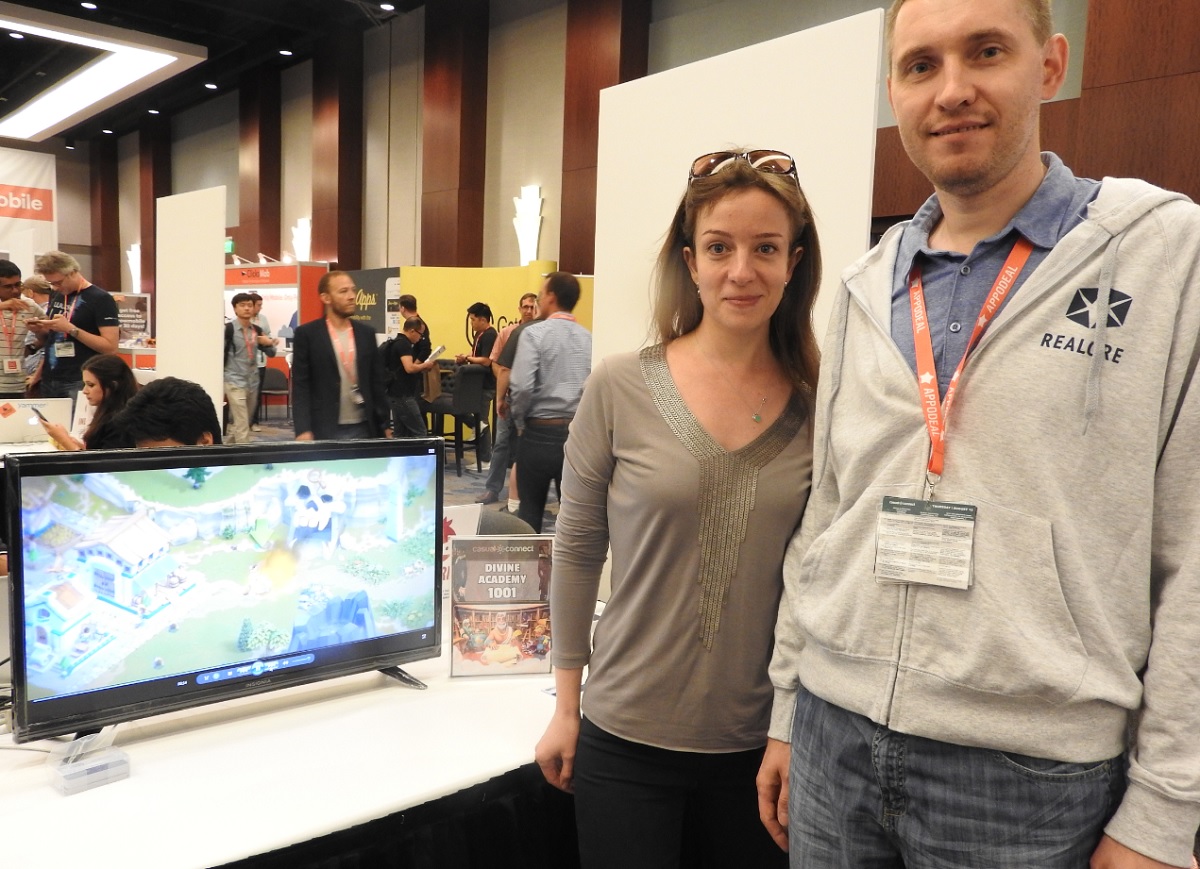Natalia Matveeva has quietly built one of Eastern Europe’s bigger game companies over the past 13 years. Her company, Realore Games, is based in Klapeda, Lithuania, and it has grown to more than 100 people since 2002. Matveeva and cofounder Michael Zhinko focused on the PC at the start, building more than 70 games to date.
But now Realore has expanded into mobile, and it’s releasing a series of free-to-play games this year. The first is the mobile strategy simulation game, Divine Academy, which is available on iOS. The impressive part about Realore’s growth is that it has been self-funded. Matveeva puts a great deal of stock in being an independent game studio. Will it make the transition to becoming a global mobile gaming company, and, in the process, put Lithuania on the map in gaming? We’ll see.

Unlock premium content and VIP community perks with GB M A X!
Join now to enjoy our free and premium membership perks.
![]()

![]()